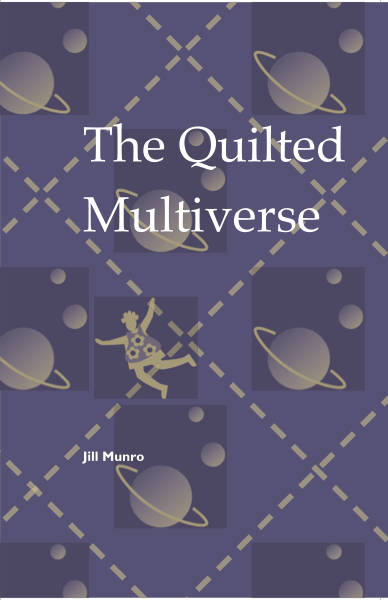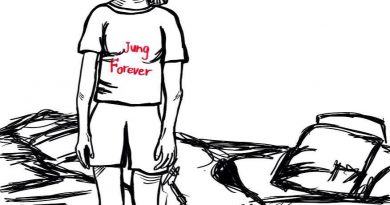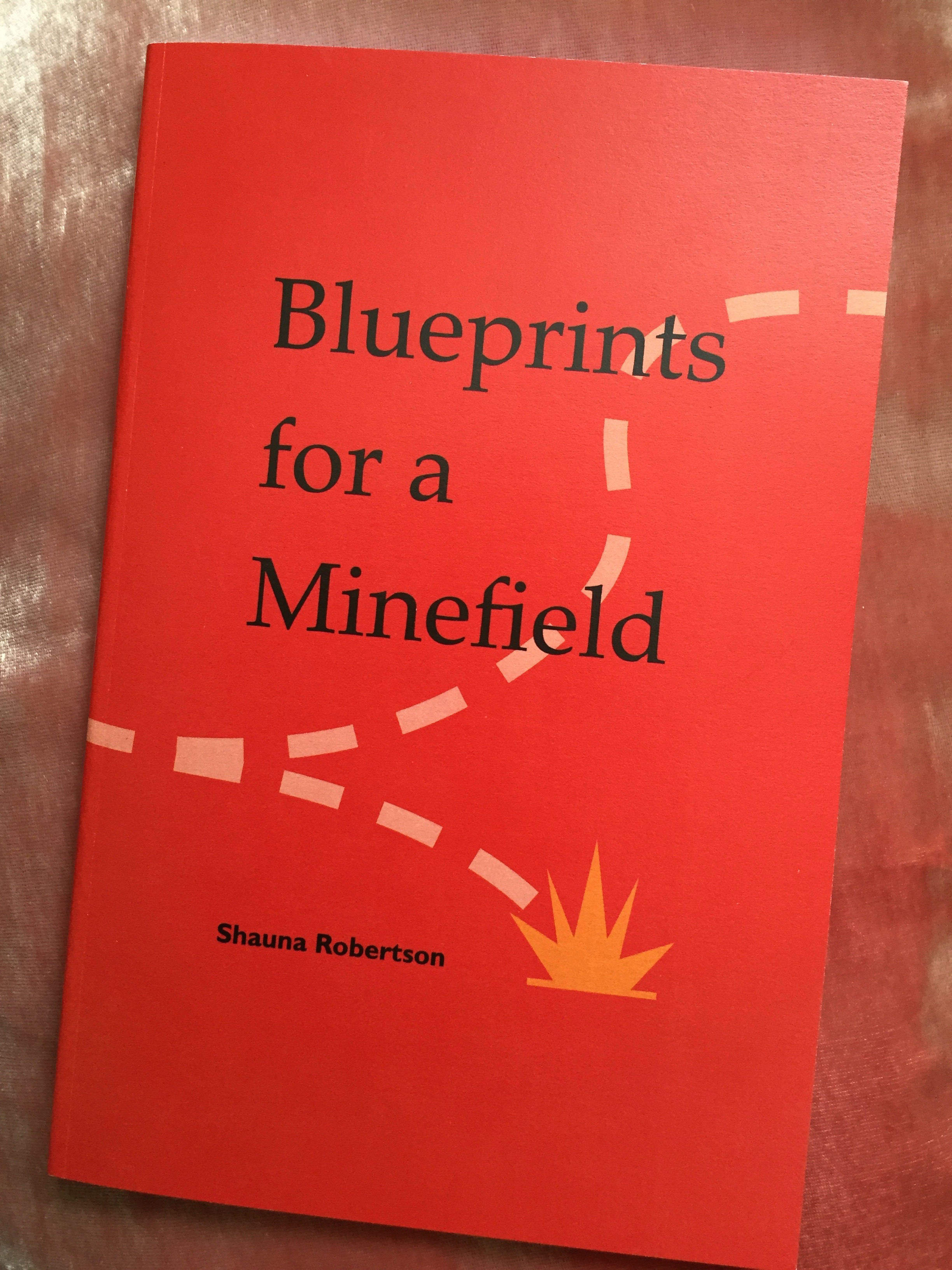The Quilted Multiverse by Jill Munro
– Reviewed by Charlie Baylis –
Jill Munro’s advice to new poets is “don’t give up the day job”, which makes perfect sense in the context of her role as director of a financial advice company. However, I fear the boredom that clock punching and the daily grind can have on a freshly-painted butterfly mind. Day jobs are not often rich in inspiration – if you want to be a poet it is better to be poor and free. In Jill Munro’s poetry I feel the strain of compromise: the opening poem of her chapbook The Quilted Mulitverse is ‘I married an AFOL* (*Adult Fan of Lego)’:
The Sydney Opera house in the living room was the final straw.
At first it was small-scale –a pirate ship or two, a digger, a cowboy fort;
a Sopwith Camel flew by, it was all quite easy then.
The whirling images of world famous landmarks are dragged down by domestication, they should be real and imposing sights glittering into Jill Munro’s open eyeballs but instead they are models lying comatose her living room, made by her husband, a grown man who plays with lego. Jill Munro’s husband is a fine example of the lesser-spotted true artist, a man so dedicated to making lego models that he never stops, probably not even when his wife moves into the ‘uncluttered floor of the interlocking house next door.’ The problem with Mr Munro’s chosen art form that it is idiotic and pleases only the person who makes it. I can’t help seeing parallels here with a lot of contemporary British poetry.
Fortunately, that is not a feather I can tickle Jill Munro with because, when she steps out of the small wardrobe, I find her a wonderful writer with a great eye for detail and a devilish hint of mischief. The sense of smell Munro unlocks in ‘She Sells Seashells’ is scintillating:
He sniffs his haul to recall
ocean days of kelp and krill,
scudding spume, wave & spray.
Elsewhere Munro dresses up in her finest Virginia Woolf regalia and unleashes an excellent stream of conciseness in ‘Woolf Wrote in Purple Ink’, then there is a funny mash up of one of Shakespeare’s Sonnets (number 129) called ‘Tinder’, which warns with a right swipe of ‘being cheaply laid by some callow lad’ (surely all the fun of Tinder!). I found it harder to appreciate the cake making poem ‘The Mix’:
I cut the paper golly free
from his label, release him
to the neat worktop stack
of an elastic band of brothers
to be sent for the amazing
golly-morph to enamel lapel badge;
the collectable golly-golfers, cricketers,
jugglers, ice-skaters and fishermen
who multiplied slave-like on my cardi –
a smiling gang of golly friends
now safely pinned in time
I think, perhaps, the first two lines above are about freeing the golly-men (at least I hope so), but the fate they meet as adornments on Jill Munro’s cardigan is worrying. There was never a ‘safe’ time to pin racist caricatures of black men to a cardigan. As it stands, the message of the poem is unclear, and the continuous repetition of golly – not a nice word – is culturally insensitive. ‘The Mix’ leaves an uncomfortable after-taste.
In the title poem of her first collection, Man from La Paz, Jill Munro had the audacity to knit a man and then have sex with him:
He paused his music, licked his fuzzy lips,
murmured Desnudarme, desnudarme …
as we began to unravel.
It is a shame there is not a poem in The Quilted Multiverse as fresh and inventive as this. For the second collection there needs to be a step into a larger and more dangerous world. My advice to her, and to others: Don’t give up giving up the day job.





